Itchy Skin At Night: Causes, Home Remedies, & Prevention Tips
Say goodbye to itchy nights and hello to quality sleep to wake up fresh and relaxed in the morning

Image: Shutterstock
If you experience itchy skin at night, it is probably because of a condition called nocturnal pruritis. It can be as intense as a prickly sensation you get from a bug bite or an itchy rash and may disrupt your sleep.
There are several factors responsible for the nighttime itch. This includes any fluctuations in the body temperature, dermatological conditions, and circadian rhythm. At times, it could also be psychological. While you may experience itchy skin any time during the day, nocturnal pruritis occurs only at night. This article explores the causes of nocturnal pruritis and ways to manage it. Keep reading to know more.
In This Article
Causes Of Itchy Skin At Night
You may experience nocturnal itchiness due to natural, environmental, and underlying health-related factors.
Key Takeaways
- If you have itchy skin at night, it is most likely due to a condition known as nocturnal pruritis.
- Several factors cause the nighttime itch. This includes body temperature fluctuations, dermatological diseases, and the circadian rhythm.
- You can also try natural methods to control irritation and itch, such as an oatmeal bath, cold compress, baking soda, wet wrap therapy, and an ACV bath.
- Consult a doctor or dermatologist if your itching lasts longer than two weeks and does not improve with home remedies.
Natural Causes Of Itchiness At Night
1. Thermoregulatory Variations
Fluctuation in the body’s natural temperature rhythm may cause nighttime itchiness (1). The body temperature is regulated by the circadian rhythm of your body (a process that regulates the sleep-wake cycle). The core temperature is maximum during the early evening and minimal during the early morning. The temperature also fluctuates as per the sleep stages. The itch intensity rises with increasing body temperature.
 Pro Tip
Pro Tip2. Transepidermal Water Loss
The skin barrier function alters while you are asleep, causing itchiness. Your skin loses moisture during sleep. This is also known as transepidermal water loss (TEWL), which impairs the skin barrier function and lets the pruritogens (substances causing itchiness) into your system. This phenomenon is commonly seen in those who have atopic dermatitis (1).
3. Low Corticosteroid Levels
The body produces corticosteroids that help control and suppress inflammatory and allergic responses. However, after evening, the corticosteroid levels decrease in the body, reducing the natural anti-inflammatory response. This may cause itchiness at night (1).
Apart from physiological changes, environmental factors can worsen the condition at night.
Environmental Factors Causing Nighttime Itching
Itchy skin is triggered by exposure to environmental factors like:
- Pollen
- Dust mites
- Pet dander
- Dust
- Fragrance
- Bugs
- Seasonal changes
- Change of place
- Painting or renovation at home
Sometimes, the chemicals or dyes in your laundry detergents, scented soaps, and skin care products may also cause itchiness and those sudden bumps on the skin. Apart from these, hot showers, air conditioning, and central heating system can dry out the skin and cause itching.
A vitamin D deficiency in the body is also associated with persistent itching and dry, red skin (2).
1. Skin Cancer
As frightening as it can sound, itchy skin can sometimes be a sign of cancer. A study at the John Hopkins Health System found that patients with pruritis or itching are most likely to have cancers of the skin, gallbladder, liver, biliary tract, and hematopoietic system (3).
If itching is accompanied by any unusual and persistent skin growth, rash, or sore, see a board-certified dermatologist immediately.
According to GLOBOCAN, there were about 325,000 new cases of cutaneous melanoma in 2020, or 1.7% of all cancer diagnoses worldwide. For men, the age-standardized incidence rate is 3.8 per 100,000, whereas for women it is 3.0 per 100,000. For men, the cumulative lifetime risks are 0.42%, while for women had a slightly lower risk of 0.33%.
2. Polycythemia
Polycythemia is a condition in which the body has a high concentration of red blood cells that make the blood thick. As a result, it cannot easily travel through the blood vessels and reach the organs. Patients with this condition often experience itching as they may also have high concentration white blood cells that release histamine (4).
3. Other Conditions
A chronic itch may sometimes indicate other diseases, such as diabetes, kidney disease, HIV, overactive thyroid gland, or liver diseases like obstructed bile duct, hepatitis C, or cirrhosis.
Apart from this, you may get itchy skin at night during pregnancy due to fluctuating hormone levels in your body (5). As women age and approach menopause, problems like sweating, hot flashes, and itchiness may become prevalent.
Consult a dermatologist if you suspect an underlying health condition is causing itchiness. Early diagnosis may help determine the root cause of the itching and provide the appropriate treatment quickly. Check out the next section to find out.
Diagnosis Of Itchy Skin At Night
Your doctor will start with a physical examination and medical history to understand your symptoms better. They may ask questions like:
- When did the itching start?
- Did you make any changes to your personal care products or start new medications?
- Can you mention some of the other symptoms you are experiencing?
After collecting the basic information, they may ask you to get one or a combination of the following tests done to determine the cause of your symptoms:
- Blood tests.
- Liver and kidney function tests
- Imaging tests like chest X-rays
- Allergy tests
- Skin biopsy
However, if it is just an occasional itch, there are certain home remedies for skin itching that may provide relief.
How To Manage Itchy Skin At Night
Here are some ways to soothe itchy skin at night:
- Limit your shower time to 5-10 minutes daily. Ensure to use lukewarm water. Avoid frequent soap application to avoid dryness.
- Apply an unscented moisturizing lotion or cream all over your body every day right after showering.
- If you have a rash or your skin is inflamed and red, consult a dermatologist and use itch-relieving ointments as prescribed by a dermatologist. Calamine lotion and creams with camphor and menthol may also provide temporary relief. Further, topical antihistamine creams can soothe the itching by blocking histamine, a substance produced by the body in response to allergens that cause itching (6).
- Use a humidifier to maintain the moisture level inside your room or home. This will prevent dryness, allergens, irritants, and germs.
- Drink plenty of water as dehydration causes dry skin and may lead to itchiness. Drink at least 8 to 10 glasses of water to keep your skin well-hydrated.
Apart from these few general tips to relieve itching at night, you may also try natural remedies to manage irritation and itch.
Home Remedies To Manage Itchy Skin At Night
1. Take An Oatmeal Bath
Applying colloidal oatmeal (powdered oats) moisturizes the skin, maintains the skin barrier function, and relieves dryness (7). To prepare an oatmeal bath, fill a bathtub with lukewarm water and mix a cup of powdered oatmeal. Soak in this for at least 20 to 30 minutes and rinse your body with water. Do not apply soap.
2. Apply A Cold Compress
A cold compress relieves itching or inflammation and provides temporary relief. It helps slow down the nerve endings and reduces the sensation of itch. You may leave the cold compress or ice pack on for around 10 to 15 minutes or until your itch subsides.
 Quick Tip
Quick Tip3. Try Wet Wrap Therapy
The therapy involves wearing clothing or placing water-soaked gauze on the affected area and covering it with a dry clothing layer. As the water from the clothes or gauze evaporates, it cools the skin down and relieves itching and inflammation.
4. Take An ACV Bath
Anecdotal evidence suggests that apple cider vinegar may effectively ease inflammation and itching. It helps maintain the pH balance of the skin and may relieve itching.
To make an ACV bath, add a cup of apple cider vinegar to five gallons of warm bathwater and soak in it for at least 10 minutes. Rinse thoroughly and pat your skin dry.
Note: Baking soda is a popular remedy used to relieve itching. However, it is not advisable as it can alter the pH of your skin, leading to dryness, itching, and irritation. Avoid it if you have sensitive skin.
While treatments and home remedies can be helpful, there are a few things you should avoid doing if you have itchy skin at night.
What Not To Do To Prevent Itchy Skin At Night
- Do not go to bed wearing tight or uncomfortable clothes that can irritate your skin. Wear clothes made of soft cotton.
- Avoid consuming alcohol and caffeine before bed. Both can widen your blood vessels, warm up the body, and intensify itching.
- Do not sleep in a warm or muggy room, as overheating can make your body itch. Always keep the temperature in your room at around 60°F to 65°F.
- Do not use scented soaps, creams, and other cosmetics. Synthetic fragrances can irritate the skin.
- Do not scratch the affected area as it may lead to scars, infections, and wounds. Keep your fingernails short to avoid accidental scratches.
You can prevent skin rashes and itching by making a few simple lifestyle changes. Unless it is caused by an underlying condition, follow the tips to prevent nighttime itchiness.
Tips To Prevent Itchy Skin At Night
- Reduce anxiety and stress as they can aggravate symptoms like burning sensation and itching. Try to relax, meditate, or do deep breathing exercises.
- Drink plenty of water throughout the day to keep your skin hydrated.
- Get some exercise to improve blood circulation and maintain your endocrine health that balances the hormone levels.
- Include anti-inflammatory foods in your diets, such as berries, fatty fish, and foods rich in vitamins B, C, D, and E.
- Wash your bedcovers, blankets, sheets, and pillowcases regularly to eliminate dust mites and other allergens.
- Apply a body moisturizer before bedtime.
Other Tips For Itch Prevention
If you have any skin condition or experience excessive itching at night,
- Avoid excessive exposure to the sun.
- Try natural nutritional supplements, such as turmeric, zinc, and fish oils, to help relieve itching, dryness, and skin inflammation (8), (9).
However, consult a doctor before taking any supplements and if the condition persists.
When To See A Doctor
If your itching lasts longer than two weeks and does not improve with home treatment, consult a doctor or dermatologist. They may evaluate you for skin disease and other related conditions and ask for medical tests. Based on the diagnosis, the doctor will recommend treatment and medications to relieve your condition.
You can experience itchy skin at night or nocturnal pruritus due to several factors. These include changes in body temperature, loss of hydration, dust, pollen, or hot showers. Nocturnal itching can also be a symptom of an underlying medical condition such as skin cancer, diabetes, or liver cirrhosis. You can manage itchy skin at night by staying hydrated, applying calamine lotion, or taking an oatmeal bath. Eating a balanced diet, staying relaxed, and washing your bed sheets regularly can prevent you from developing itchy skin at night. If your itching persists after two weeks, consult a dermatologist for further treatment.
Frequently Asked Questions
What does leukemia itch feel like?
Leukamia itch may resemble a burning sensation and be severe. It is generally present without the appearance of rashes and may affect the whole body or be concentrated on the lower limbs.
What is lymphoma itching like?
Lymphoma itch can be severe and hard to deal with. It may often get worse at night.
Itchiness at night can be due to various reasons, such as fungal infections or allergies. In the following video, the doctor explains the possible causes of itchy skin at night and how to combat them. Click play to find out.
References
Articles on StyleCraze are backed by verified information from peer-reviewed and academic research papers, reputed organizations, research institutions, and medical associations to ensure accuracy and relevance. Read our editorial policy to learn more.
- Nocturnal Pruritus: The Battle for a Peaceful Nights Sleep
https://www.ncbi.nlm.nih.gov/pmc/articles/PMC4813276/ - Idiopathic itch rash and urticaria/angioedema merit serum vitamin D evaluation: a descriptive case series
https://pubmed.ncbi.nlm.nih.gov/21322467/ - Association between itch and cancer in 16925 patients with pruritus: Experience at a tertiary care center
https://pubmed.ncbi.nlm.nih.gov/30217520/ - Polycythaemia
https://www.nidirect.gov.uk/conditions/polycythaemia - Itching and intrahepatic cholestasis of pregnancy
https://www.nhs.uk/pregnancy/related-conditions/complications/itching-and-intrahepatic-cholestasis/ - Antihistamines and itch
https://pubmed.ncbi.nlm.nih.gov/25861785/ - Colloidal Oatmeal (Avena Sativa) Improves Skin Barrier Through Multi-Therapy Activity
https://www.researchgate.net/publication/303877443_Colloidal_Oatmeal_Avena_Sativa_Improves_Skin_Barrier_Through_Multi-Therapy_Activity - Curcumin: A Review of its Effects on Human Health
https://www.ncbi.nlm.nih.gov/pmc/articles/PMC5664031/ - Oral supplementation with fish oil reduces dryness and pruritus in the acetone-induced dry skin rat model
https://pubmed.ncbi.nlm.nih.gov/26195090/
Read full bio of Dr. Saloni Vora-Gala
Read full bio of Ramona Sinha
Read full bio of Anjali Sayee
Read full bio of Monomita Chakraborty







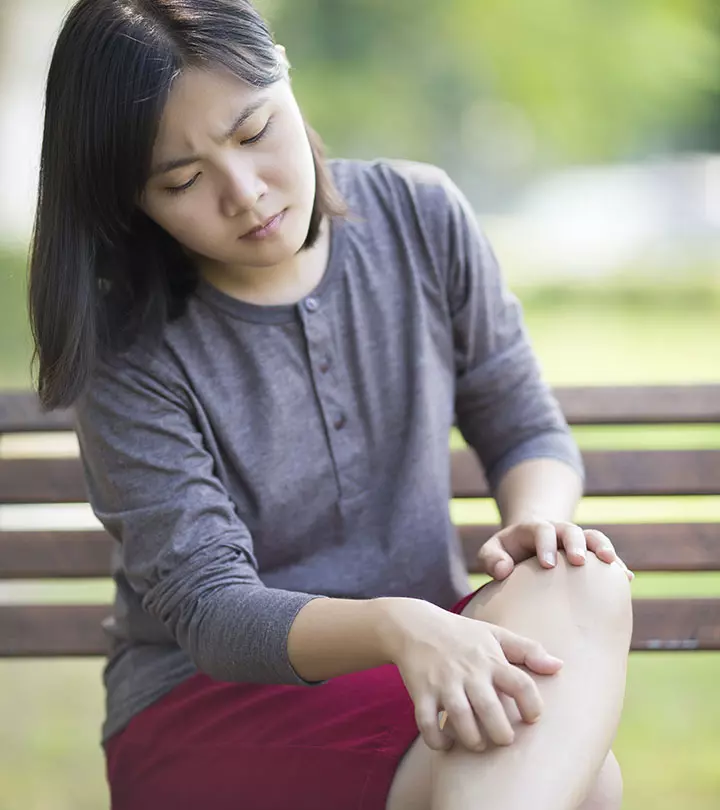

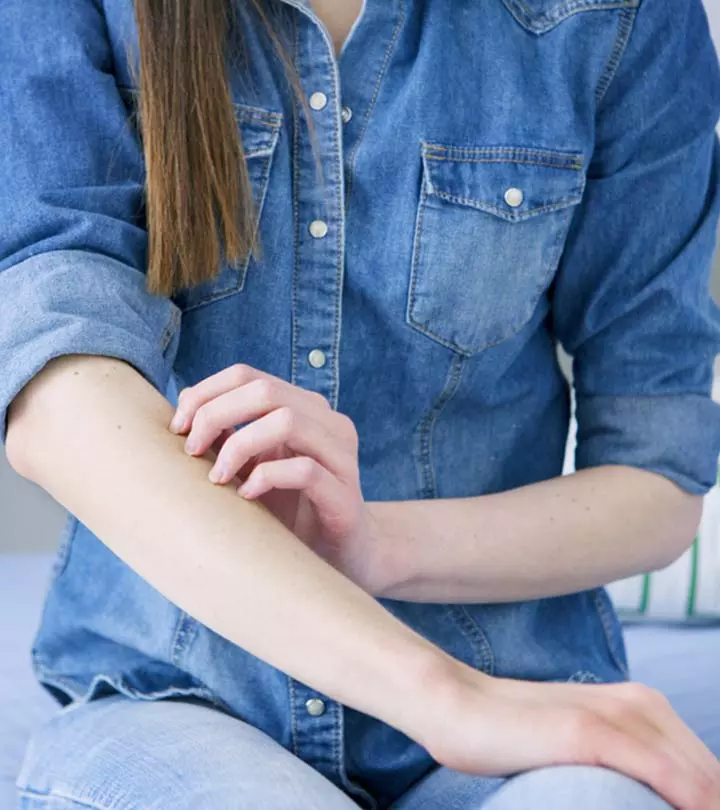

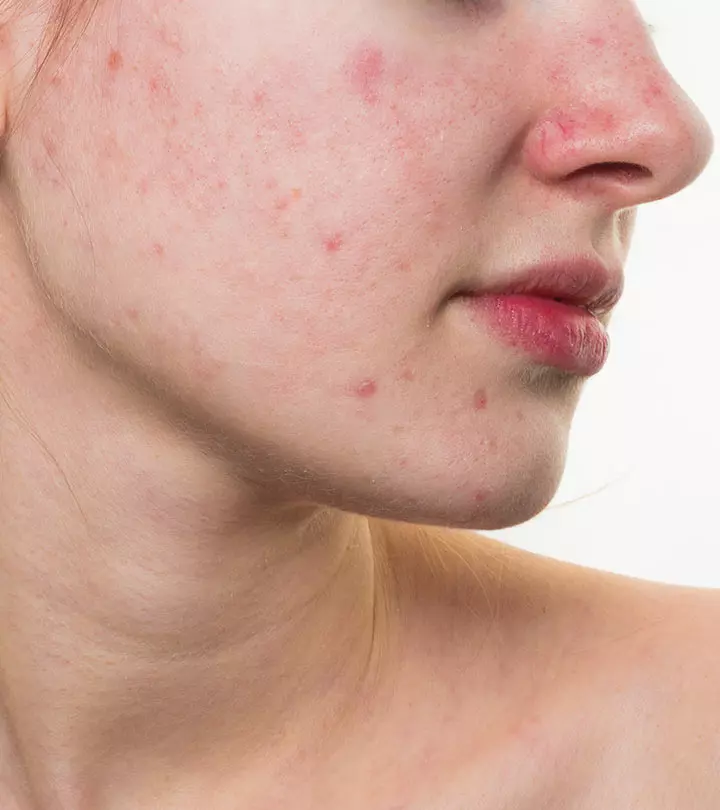

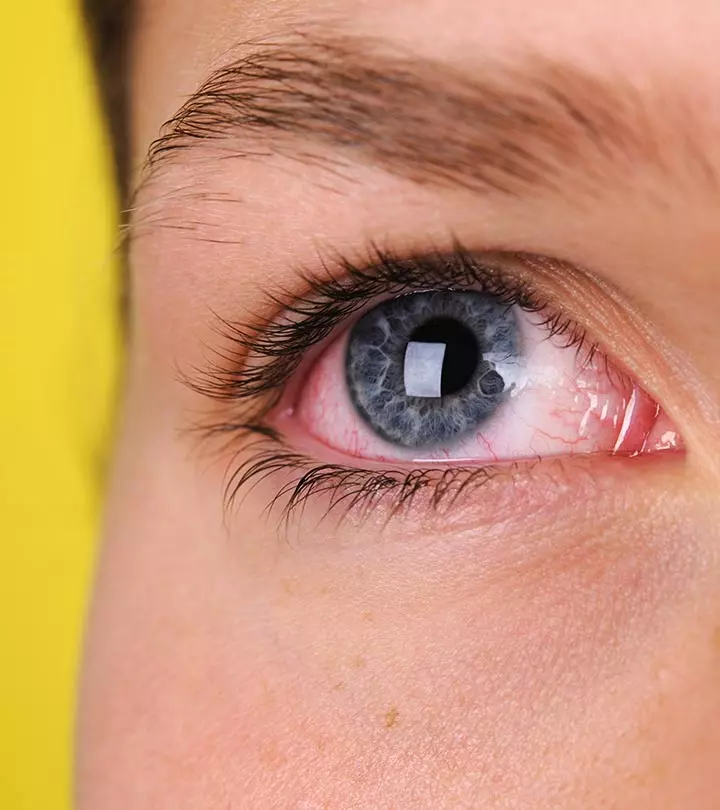
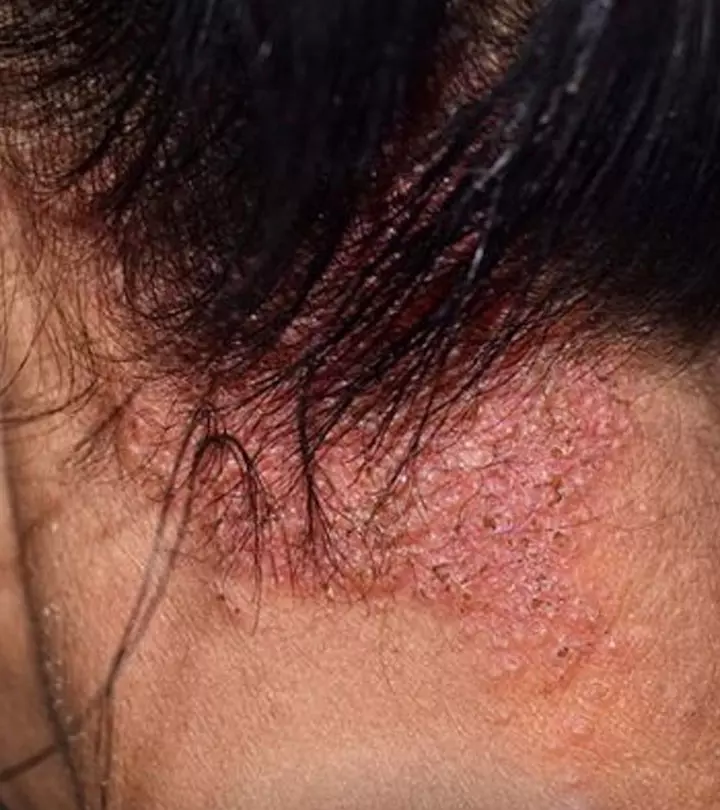
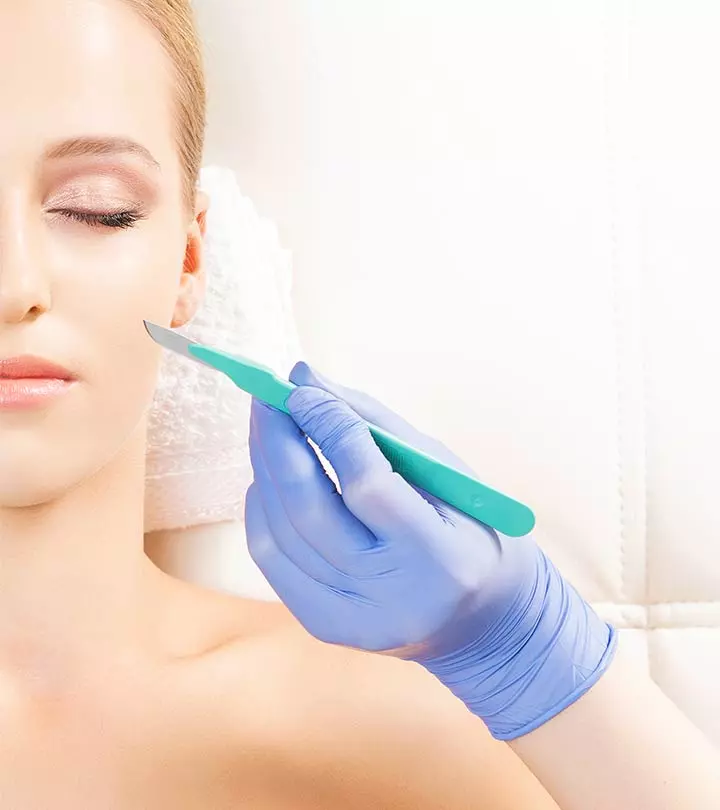
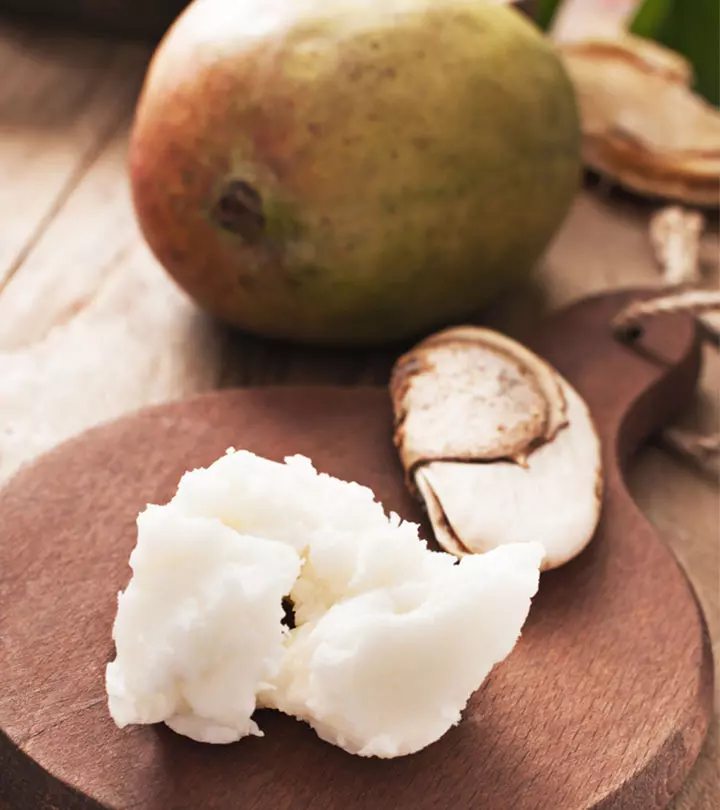
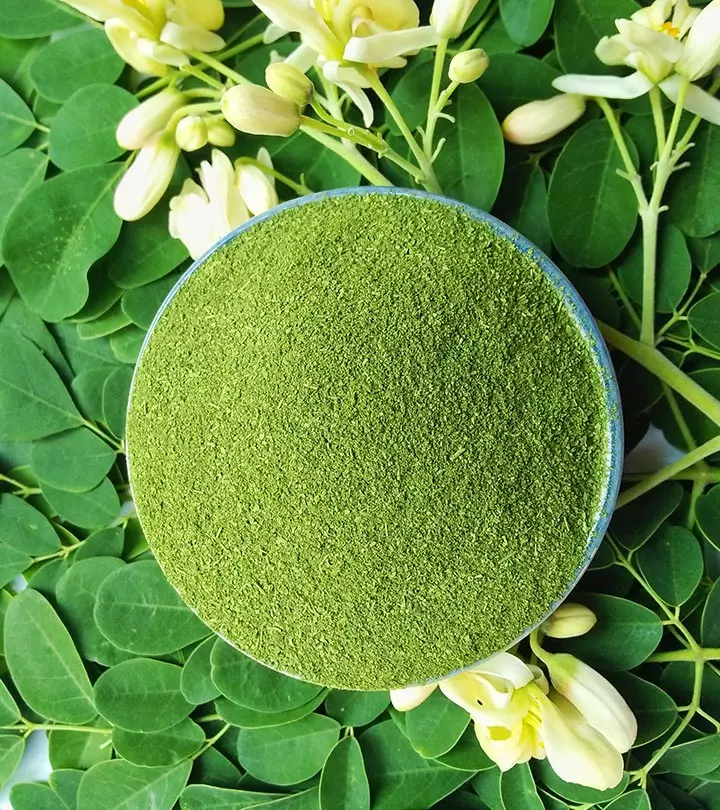

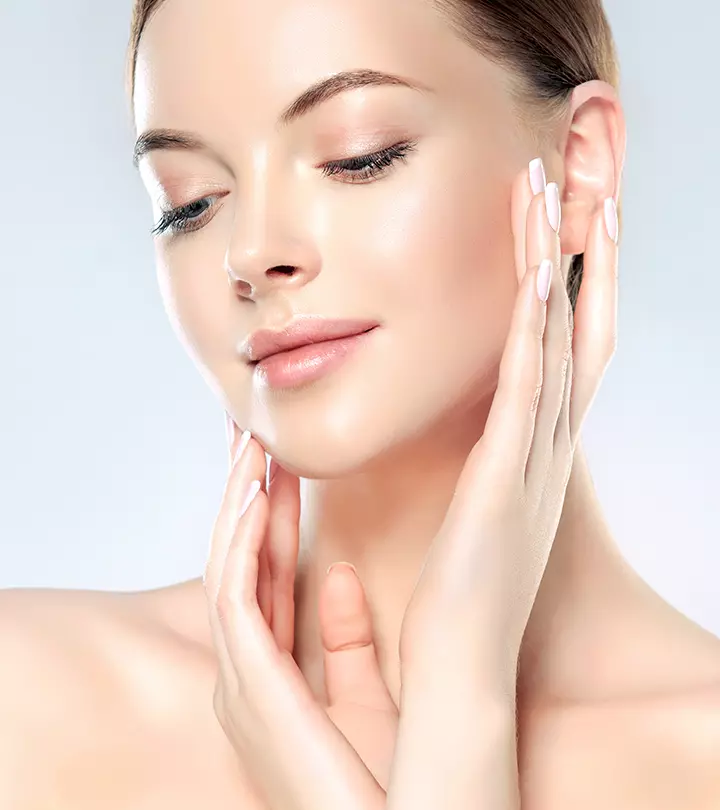



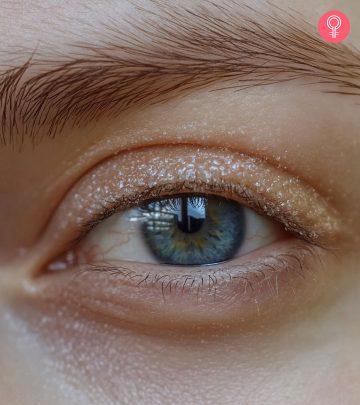

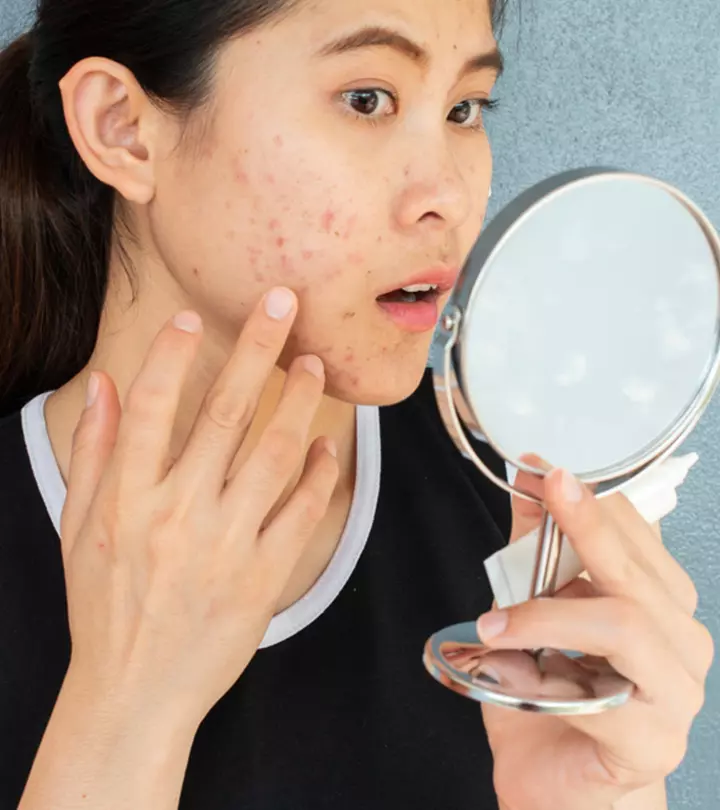
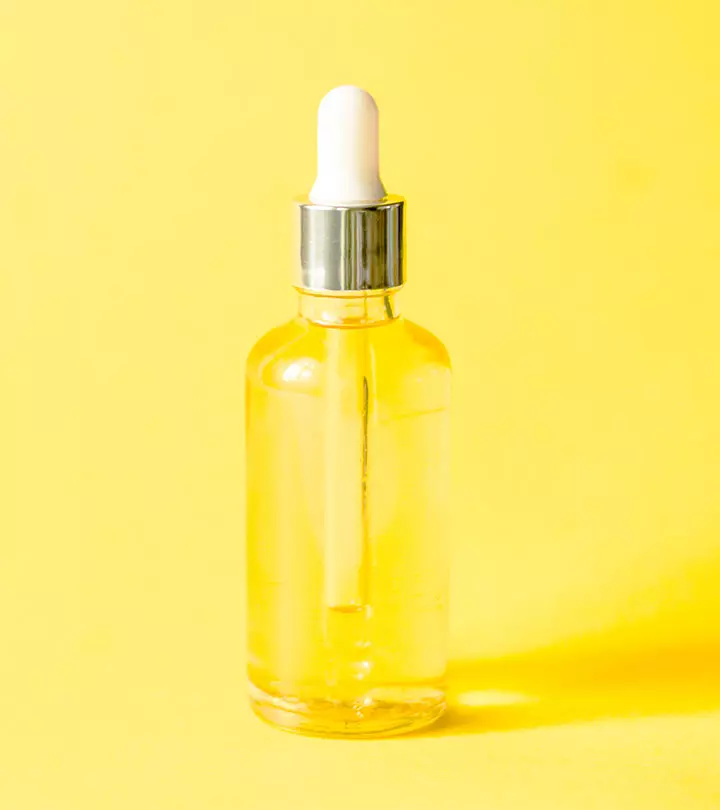
Community Experiences
Join the conversation and become a part of our empowering community! Share your stories, experiences, and insights to connect with other beauty, lifestyle, and health enthusiasts.